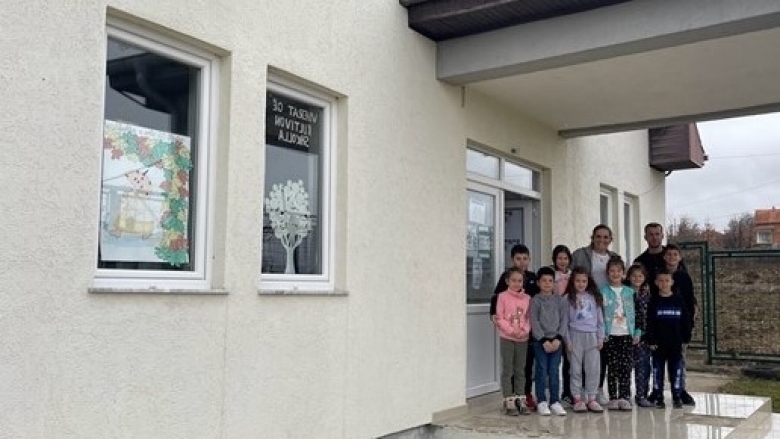Synopsis
With World Bank support, Kosovo now has one of the highest number of high-speed internet subscriptions per household in Europe, it outpaces leading EU countries according to data published by EUROSTAT (2021). The country’s timely and well-implemented rural broadband program leveraged private capital and brought a digital lifeline to remote locations where it was needed the most – schools, health centers, and homes.
Challenge
Just a few years ago, in 2018, rural populations of Kosovo did not have equitable access to social and economic opportunities online. Remote schools and health centers relied on poor internet connections or remained unconnected. Without opportunities to work and study on-line, about 200 unconnected villages like Makresh, Stanishor, Gjilan, and Guskë, were losing young families to cities. Mountainous terrain and low population density meant operators were not able to provide good connectivity on a commercial basis. Moreover, low trust in institutions prevented the private and public sectors from working together effectively to close this gap. In 2019, Kosovo was one of the two last European countries without a National Research and Education Network (NREN), a specialized organization dedicated to supporting the needs of the research and education communities within a country.
Approach
The Kosovo Digital Economy (KODE) project, which began in 2018, improved access to better quality and high‐speed broadband services in project areas, opening online knowledge sources, services, and labor markets to citizens as well as public and academic institutions.
Building on years of collaboration with Kosovo, the World Bank used its knowledge and financing to support transformative sectoral reforms. This included enabling use of the fiber infrastructure of Kosovo’s Transmission, System, and Market Operator (KOSTT), and supporting the design of innovative broadband pilots which favored open competition, ensuring selection of internet operators offering the lowest price, and requesting the lowest amount of matching government funds. The World Bank also used its convening power to build trust between public and private parties.




